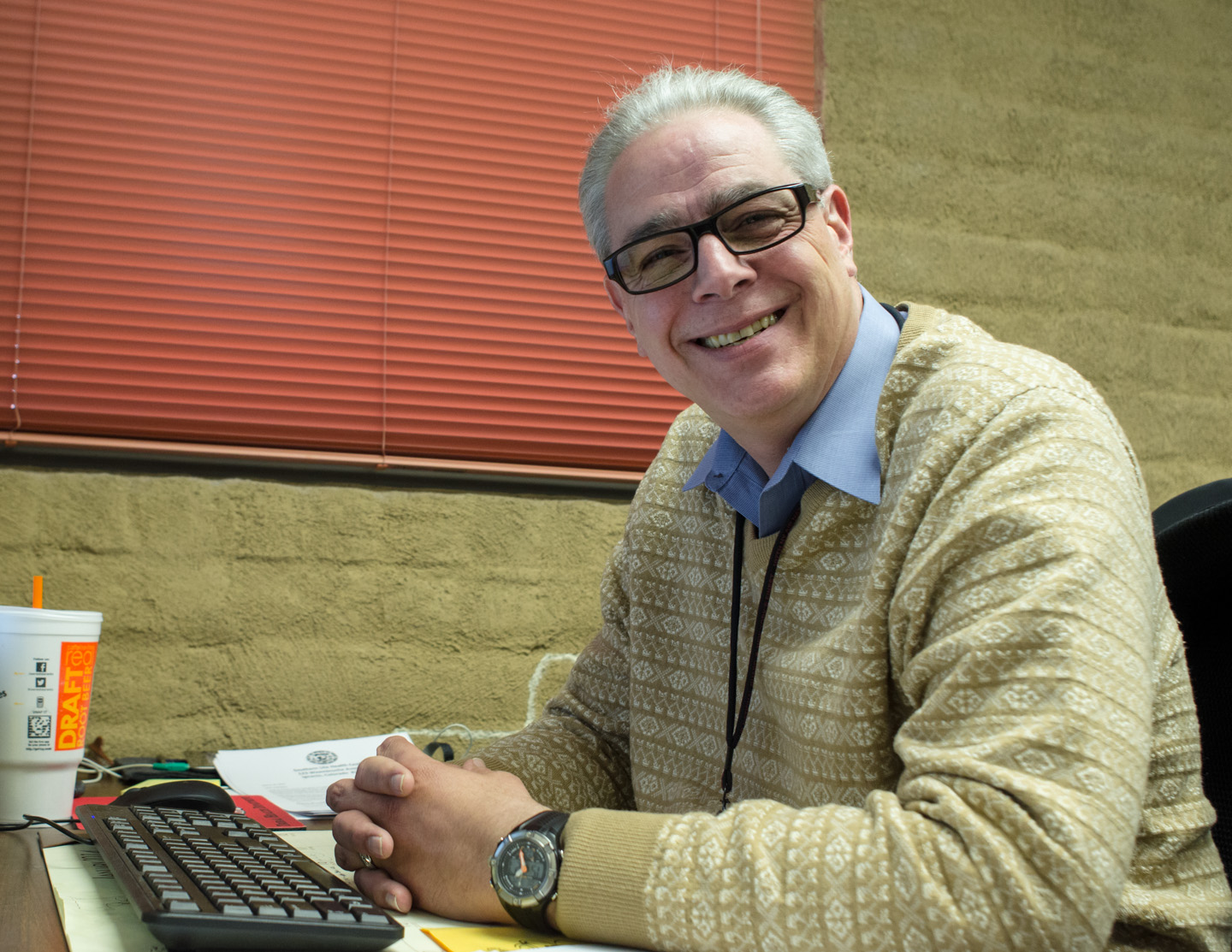Throughout his career, the Southern Ute Indian Tribe’s new chief medical officer has helped connect communities with needed health services.
Born and raised in Miami, Michael Torres’s medical experience led him to become a certified physician executive.
“I’ve been certified in medical management as well as family medicine,” Torres said. “I’ve taken a significant number of courses in medical administration, education, and leadership training in order to achieve the CPE board certification.”
Torres, who came from a low-income family, said he got a head start on higher education while still in high school.
“I completed the requirements for a two-year degree while I was in high school,” he said. “In my junior year, I finished 24 credits. The summer between my junior and senior year, I finished another 12. After my senior year, I finished another 24 and was qualified for an associate’s degree when I completed high school.”
After high school, Torres enlisted in the U.S. Marine Corps.
“After the Marine Corps, I went back to south Florida, where I used my veteran and Hispanic preference to get a job at a fire department,” he said. “After I went through my training as a rookie, I used to enjoy listening to the firefighters who were EMTs and paramedics talking about the things they were doing. I thought that would be something good to learn.”
He explained how working for the fire department furthered his interest in the medical field.
“I got interested in [emergency medical services] and became an emergency medical technician. I found out that I liked that and became a paramedic,” he said. “Afterwards, the doctors I was working with told me I had the brains to go to medical school and become a doctor. So in 1982 that’s what I did.”
After graduating from medical school in 1985 and obtaining his license, Torres would continue his service to the United States by joining the Air Force. He became a hospital commander and medical group commander, taking responsibility for all aspects of health care on the base.
The Southern Ute Tribe contacted Torres in September 2013 as it searched for a chief medical officer. After taking the job, Torres dedicated himself to improving operations at the Southern Ute Health Center. Since his arrival, there have been significant changes.
“We’re improving the amount of patients,” he said. “We’ve seen a 57-percent increase in volumes within the last six months. That’s a significant increase in the number of patients we’re seeing every day. We’re looking at ways of operating more efficiently, cheaply, and without impacting the level of service the Southern Ute Tribe gets from us here at the Health Center.”
In addition to patient increase, the Health Center has developed services to satisfy the increasing flow of patients.
“Working with the Tribal Health Department leadership, I’ve created a walk-in program,” Torres said. “Beforehand, patients would come in and be told there weren’t any appointments. Now when they walk in, they’re told to have a seat and the nurse will see them. If your medical situation requires that you see a licensed physician or nurse practitioner that day, then we’ll arrange for you to be seen that day.”
But, Torres said, walking in doesn’t always guarantee an appointment.
“People need to understand that when they walk in, they’re going to be seen and evaluated by a registered nurse,” he said. “We use objective criteria; the registered nurse is going to make a decision whether or not the patients medical needs meet that criteria. If the patient does not, then we offer them an appointment, sometimes the next day. If somebody walks into the door and they’re sicker, then they’re going to be seen sooner.”
Torres explained that patients are welcome to call and set up an appointment, but noted that the clinic often needs further information to have one set up in an appropriate timeframe.
“If [patients] call the clinic number, then whoever answers the phone can get you an appointment,” he said. “[The clinic] also need to know why you’re calling, because we need to know how long of an appointment to give you. … If you have a chronic illness and you’re coming in for your annual evaluation, that needs to be a longer appointment.”
The privacy of patients is heavily enforced at the Health Center, Torres said. Patients who disclose information can rest assured that anything discussed is completely confidential.
“We’ve all been trained in the privacy laws,” Torres said. “[Staff] will lose their job if they talk, and I’ll make sure of it. Protecting the privacy of the patients is paramount. Violating patient privacy is a violation of federal law.”
Torres described the upcoming additions to the Southern Ute Health Center, including an expansive building with more exam rooms and doctors.
“People know about the new modular that’s coming to increase the space in dentistry and optometry, but most people don’t know about the plans to increase the rooms available of taking care of patients,” he said. “We plan on having a total of 12 exam rooms by the time we’re done. Patients can arrive for their appointment, and if the doctor is still busy with another, then there’s an empty room that a nurse can bring them to where they can get their blood pressure and find out what they’re there for. There’s going to be a marked improvement in patient flow, just because we finally have the space to be able to do that.”
With plenty of changes coming to the Health Center, Torres said customer care always comes first.
“It doesn’t make me happy when we have to inconvenience [our patients],” he said. “It’s important we provide services to our customers. The patients we care for are the customers we care for.”
Patients who need to set up an appointment can call the Southern Ute Health Center at 970-563-4581. Walk-in hours are Monday through Friday from 8:30 a.m. to 11 a.m. and from 1:30 p.m. to 4 p.m.

